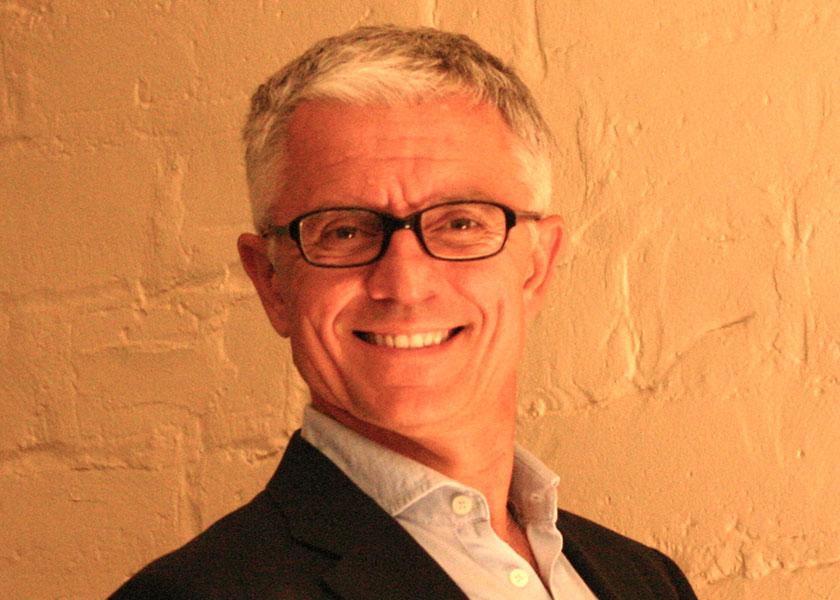Living in a ‘period of discovery’ when it comes to sustainability

Packaging for produce reflects the complexity and range of the fruits and vegetables our industry brings to market every day. This is a dynamic environment where new farming technologies and processes are constantly in motion to set the stage for potential transformation in the product itself, as well as its packaging.
What a transformative and exciting moment we live in. I feel we are in a period of discovery. We are beginning to better understand and question how we pack and distribute food. Most packaging, as we know it, will be forever transformed by this and by the increased awareness of its effects on the environment.
Change is not easy. Packaging has to meet multiple goals and perform several functions. Not all of these apply to all packaging, but the list is long, implying — in most cases — a complex system. As a well-respected veteran from our industry once thought me, we are mostly trying to extend the life of the product. There is more to that.
Below are some of the many functions packaging serves:
• Protect the fruit
• Keep safe from pathogens
• Extend shelf-life
• Fit shipping needs
• Display content to consumer
• Convey values and inform
• Support automation
• Be functional
• Be cost-effective
• Meet consumer acceptance
• Comply with regulations
• Address postuse sustainability
• Address preuse sustainability
The list above illustrates how transformation is going to be complex, and it will not happen overnight.
I want to focus on the last two points that are the ones beginning to drive long-term change.
Consumers are beginning to understand the impact of packaging on the environment. As they learn more, they are also beginning to question current practices. With time, it will no longer be enough to label a product as recyclable or even compostable. We will need to engage the consumer with a simple-to-convey communication that digs much deeper and helps them to understand the impact of personal choices.
Over 40% of plastics today go to short-term use. Only 9% of plastic gets recycled.
As consumers learn more about the limits of the current system, they will begin to question and engage directly in determining packaging choices.
As most of us are beginning to understand, to label something as recyclable does not mean that it will re-enter a circular, sustainable economy. In a recyclable material, its mechanic properties, other materials associated to it, the condition at disposal, and the costs of collection and distribution may not make a recyclable product suitable to recycling.
Industrial compostable bioplastics face similar challenges. What happens to bioplastics after their use? Who collects them? Where are they brought to process?
Which brings me to yet an additional point. Packaging does not grow on trees. It is a manufacturing process. Consumers are also beginning to discover and discuss the sustainability of the manufacturing process of goods. Think about carbon dioxide emissions in production, product energy content, distance from use, etc. I am referring to the environmental impact of packaging before we even use it. Understanding the upstream use of the limited resources we have will have an additional impact on packaging. How much energy does it take to produce the many different types of plastic? Paper? Bioplastics? Where is the product coming from?
No wonder consumers are puzzled and confused. This is why I like to call this a discovery period. Consumers are questioning and learning. They will also participate in shaping where we are headed.
The discovery process is in place and this will determine changes that can no longer be met with a Band-Aid approach.
Packaging is a complex system that provides many different functions. As more sustainable solutions come to market, they will be met with challenges to overcome.
I believe, barring some transformational discoveries to come, these trends are here to stay for the foreseeable future and our highly efficient industry needs to be prepared for them.
Our growers and packers cannot bear the burden of this transformation alone, but they should be aware that change may come more as a revolution than a transformation.
Marco Bini is CEO of Nexxt Solutions







